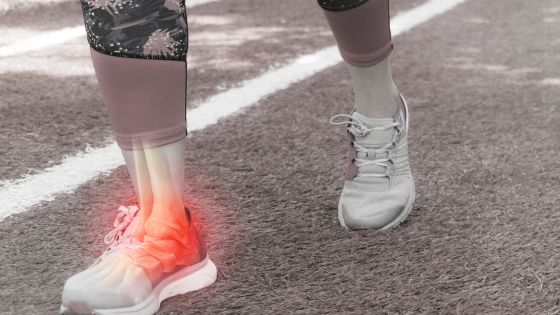When dental injuries occur, immediate care is crucial to preserve dental vitality and prevent further complications. Pulpal injuries, which involve damage to the dental pulp (the innermost part of the tooth), can result from trauma, accidents, or extensive dental procedures. In this blog post, we will explore the importance of immediate care for pulpal injuries and provide tips for treating dental injuries and seeking prompt dental care.


Understanding Pulpal Injuries
The dental pulp contains blood vessels, nerves, and connective tissues that supply the tooth with nutrients and sensory functions. Pulpal injuries can range from mild to severe, and their severity depends on various factors, including the extent of the trauma, the location of the injury, and the individual’s overall dental health.
Common causes of pulpal injuries include:
- Falls or accidents that result in direct impact to the mouth or face.
- Sports injuries or facial trauma.
- Dental procedures that inadvertently damage the pulp, such as deep cavities or fractures.
Recognizing Pulpal Injury Symptoms
Recognizing the symptoms of pulpal injuries is essential for seeking immediate care. Some common signs of pulpal injuries include:
- Intense pain or sensitivity to hot or cold temperatures.
- Lingering pain after the removal of a stimulus.
- Swelling or inflammation around the affected tooth.
- Discoloration of the tooth.
- A visible crack or fracture in the tooth.
If you experience any of these symptoms, it’s crucial to seek immediate dental attention to assess the extent of the pulpal injury and determine the appropriate course of treatment.
Immediate Care for Pulpal Injuries
Providing immediate care for pulpal injuries can significantly impact the long-term prognosis and preservation of dental vitality. Here are some important steps to take:
- Rinse with warm saltwater: Rinse your mouth gently with warm saltwater to clean the area and reduce bacteria.
- Control bleeding: If there is any bleeding, apply gentle pressure with a clean cloth or gauze to stop the bleeding. If bleeding is severe or doesn’t stop, seek immediate medical attention.
- Apply a cold compress: To reduce swelling and alleviate pain, apply a cold compress or ice pack to the affected area.
- Avoid chewing on the injured tooth: Refrain from using the injured tooth for chewing until you receive professional dental care.
- Take over-the-counter pain relief: If necessary, take over-the-counter pain relievers, following the instructions on the packaging, to help manage pain until you can see a dentist.
- Avoid applying topical medications: Do not apply topical medications or aspirin directly to the injured tooth or gum as it can cause further irritation or damage.
Seeking Professional Help: Pediatric Dentist in Layton
In case of severe pulpal injuries, or if symptoms persist despite immediate home care, it is imperative to seek professional dental help immediately. If you’re looking for specialized children’s dental care, consider visiting a pediatric dentist in Layton. Pediatric dentists have specialized training in treating dental injuries in children, and they can provide the necessary care and guidance to mitigate the damage and protect your child’s long-term dental health. They are equipped with the latest tools and techniques to ensure a comfortable and stress-free experience for young patients. Remember, prompt and professional dental care is the key to preserving dental vitality following a pulpal injury.


Seeking Prompt Dental Care
Promptly seeking professional dental care is vital for proper diagnosis and treatment of pulpal injuries. Your dentist will assess the severity of the injury and recommend appropriate treatment options, which may include:
- Dental X-rays: X-rays help determine the extent of the pulpal injury, identify fractures, or detect additional complications.
- Pulpotomy: In cases where the pulp is partially damaged, a pulpotomy may be performed to remove the affected portion and preserve the remaining healthy pulp.
- Root canal therapy: For more severe pulpal injuries, root canal therapy may be necessary to remove the damaged pulp entirely and seal the root canals to prevent reinfection.
- Tooth extraction and replacement: In cases where the pulpal injury cannot be treated effectively, tooth extraction and replacement options, such as dental implants or bridges, may be considered.
Preserving dental vitality after a pulpal injury requires immediate care and prompt dental attention. By recognizing the symptoms of pulpal injuries, providing initial care, and seeking professional dental care, you can increase the likelihood of preserving the affected tooth and maintaining optimal oral health.
Remember, every pulpal injury is unique, and treatment may vary depending on the individual case. Consult with a dental professional to receive personalized care and appropriate guidance for your specific situation.

























